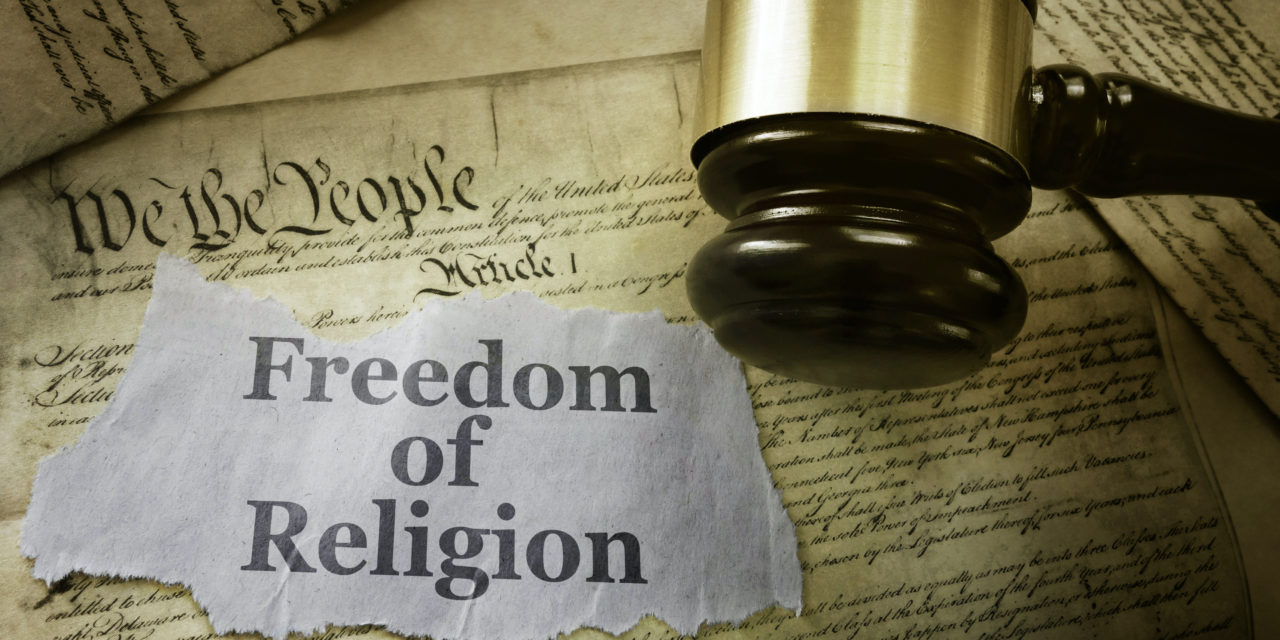The Archdiocese of Indianapolis, Indiana, won a major religious freedom victory on behalf of all religious organizations in the state recently when the state supreme court ruled unanimously that the archbishop’s ultimatum to a local Catholic school requiring the dismissal of a teacher based on his same-sex relationship could not be challenged in a lawsuit by the terminated teacher.
Cathedral High School was founded in 1918 by the archdiocese and later run by the Brothers of the Holy Cross. According to its bylaws, “the essential Holy Cross character of Cathedral as a Catholic high school shall be at all times maintained and [] a mission priority is to be an educator in the faith.” The archdiocese exercises “significant control” over Cathedral, including “its recognition of Cathedral as a Catholic school.”
That latter point of the Catholic Church’s control over Cathedral is important for understanding events beginning in 2017 when one of Cathedral’s teachers, Joshua Payne-Elliott entered into a same-sex “marriage” with another man. Although Payne-Elliott’s teaching contract was renewed by the high school after learning of his relationship, the archdiocese, through Archbishop Charles Thompson, objected, instructing the high school to terminate Payne-Elliott or risk losing its status as a Catholic institution.
The high school complied, and fired Payne-Elliott, paying him a settlement of any legal claims he may have had against the school. However, Payne-Elliott then sued the archdiocese for “interfering” with his teaching contract. In response, the archdiocese asked the courts to dismiss the lawsuit, claiming that the courts had no business deciding matters of church governance related to the Catholic Church’s authority over its schools.
A trial judge initially agreed with the archdiocese, but the Indiana Court of Appeals overturned that decision. The Indiana Supreme Court then heard the archbishop’s appeal, and recently reversed the Court of Appeals, relying on the First Amendment’s recognition of church autonomy. That doctrine requires the government – including courts – to refrain from deciding issues that rightfully belong to the church or religious groups alone, including matters of faith, doctrine, and internal governance.
According to the unanimous opinion of the justices, the “Constitution encompasses the right of religious institutions to decide for themselves, free from state interference, matters of church government.”
The archdiocese is represented by lawyers with the Becket Fund for Religious Liberty, who applauded the Indiana ruling in a press release.
“The court’s decision today was a commonsense ruling in favor of our most fundamental rights,” said Luke Goodrich, VP & Senior Counsel of Becket. “Religious schools will only be able to pass down the faith to the next generation if they can freely receive guidance from their churches on what their faith is. We are grateful the court recognized this healthy form of separation of church and state.”
The case is Payne-Elliott v. Roman Catholic Archdiocese of Indianapolis.
Photo from Shutterstock.






